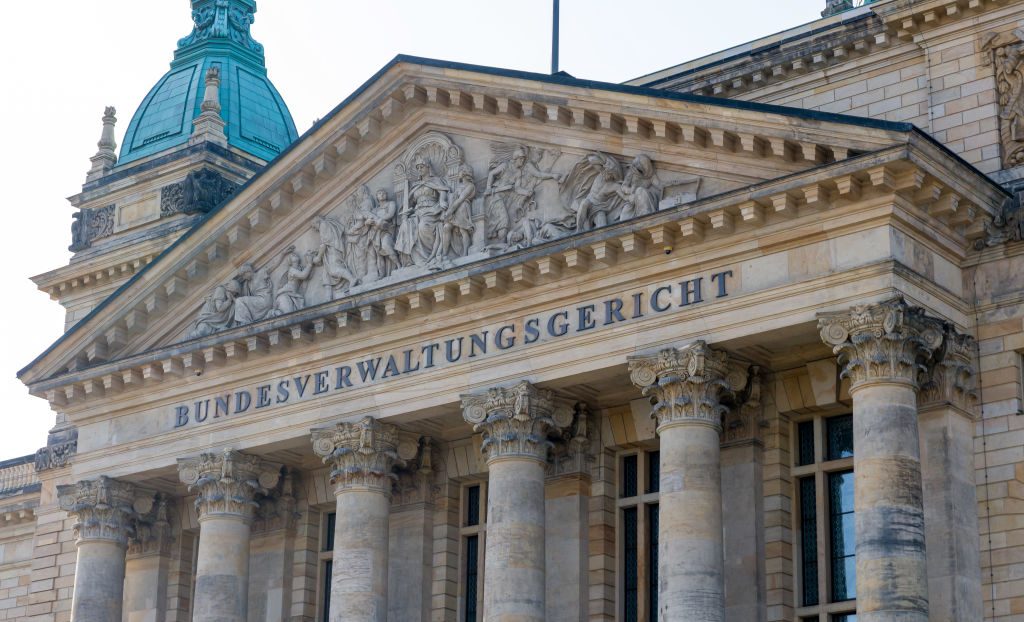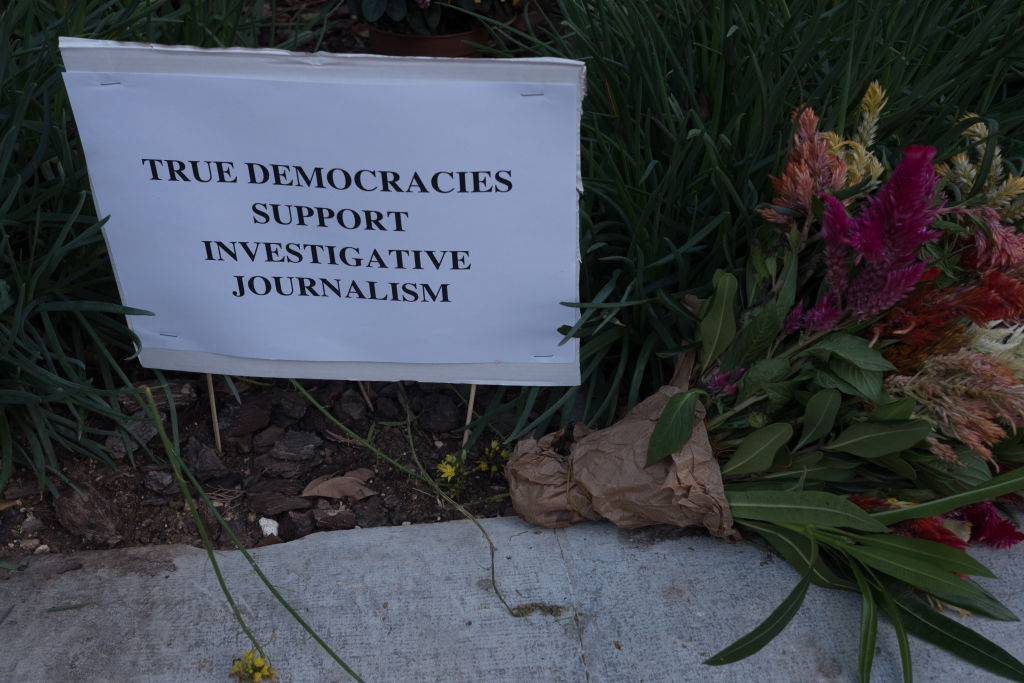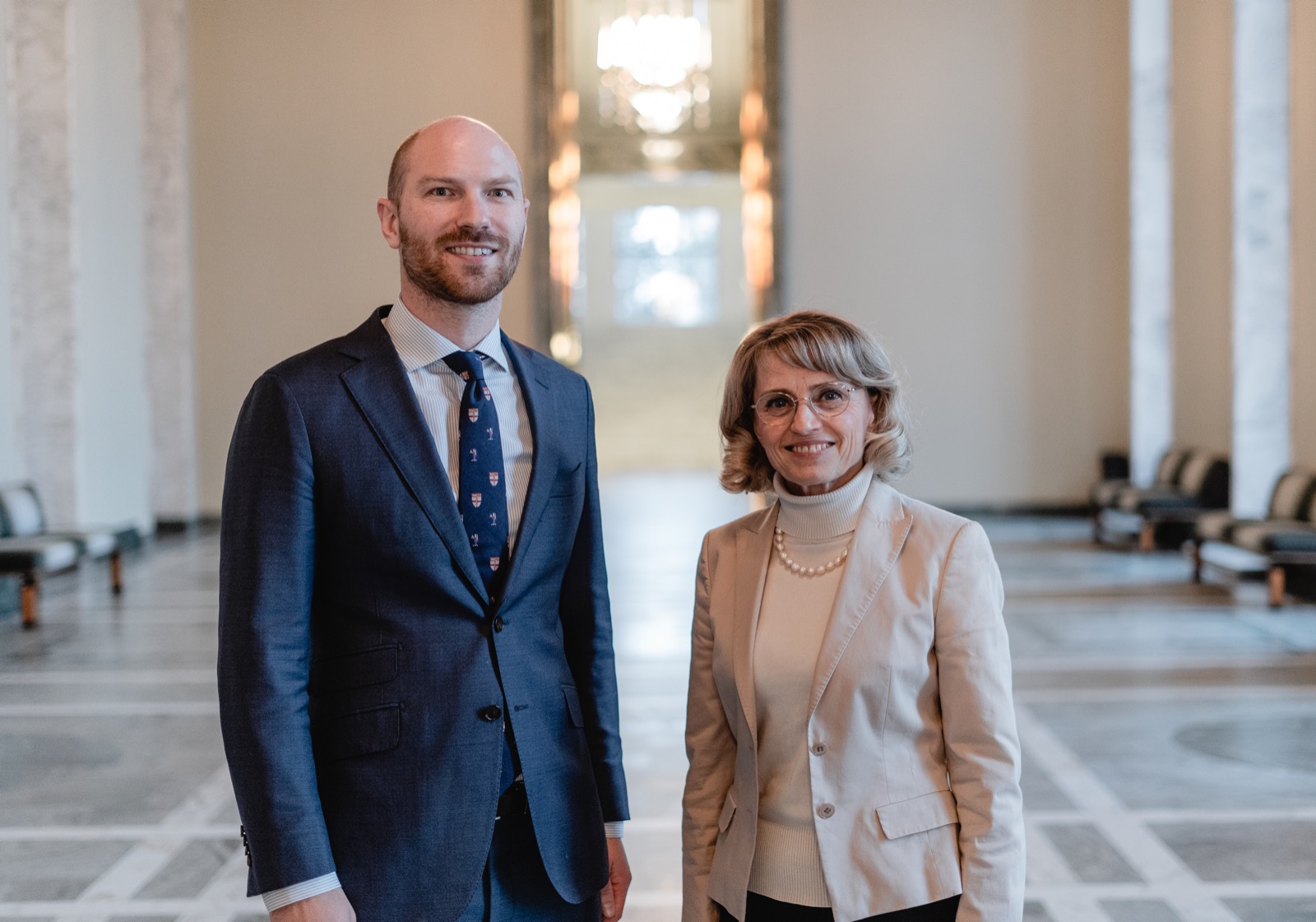A challenge against the 2021 Covid-19 restrictions on public worship in Slovakia has been filed at the European Court of Human Rights (ECHR).
The case is being brought by former European Commissioner Ján Figeľ – who also served as the European Union’s special envoy for freedom of religion or belief from 2016 to 2019. Figeľ argues the Slovakia ban was unfair and disproportionate.
“Prohibiting people from worship and communal religious exercise is profoundly illiberal and illegitimate,” he says, adding that “blanket bans are violations of religious freedom under international human rights law”.
Figeľ recalls that during his time as special envoy, “it was evident to me that the EU cannot credibly advance religious freedom throughout the world if its Member States fail to uphold fundamental freedoms at home”.
The challenge in the ECHR, which is not an EU institution, hinges on whether blanket bans on public worship that occurred all across Europe during the Covid pandemic were “compatible with an individual’s human right to the communal exercise of religious freedom”.
“The case rests on the fact that the Slovak blanket ban was neither proportional, nor appropriate or necessary,” said ADF International, a faith-based legal advocacy organisation representing Figeľ.
In defence of the ban, the Slovak Government has argued that spirituality can be practised individually, while also citing the alternative of digital worship as further justification.
ADF International notes that the EHCR has “upheld repeatedly” that freedom of religion “specifically includes” the ability to assemble without hinderance to practise one’s religion with others.
“The international legal framework is very clear in its protection of this right as it benefits everyone – people of faith as well as people of no faith,” said Adina Portaru, ADF International’s senior counsel for Europe. “Fundamental freedoms apply to all, and in times of crisis they must be protected rather than weakened.”
While the ECHR is separate from the EU, the 46 European nations it represents include the bloc’s 27 Member States. It is generally considered to be one of the world’s most effective international human rights courts.
A decision by the EHCR on the legitimacy or otherwise of the Covid public-worship bans would set a precedent for the 676 million citizens that fall under its jurisdiction.
During the pandemic, there were efforts to contest restrictions on public worship. Irish businessman Declan Ganley’s attempt to go to Ireland’s High Court over a similar ban stalled before being rejected for lack of relevance after restrictions were lifted.
Parishioners in Brussels, meanwhile, opted to protest a decision to limit the number allowed to attend Mass in the Koekelberg Basilica to 15 people.
One of the largest churches in the world, protestors called the restriction on gatherings at the Koekelberg Basilica an “incredible absurdity”.
“If some people think we don’t need to pray right now then they’re wrong,” one worshipper said at the time, describing the government-imposed limit as “unjust”.





Don’t just blame the USA for culture wars in Europe: America absorbed trendy left-wing European theories and sent them back to us with interest